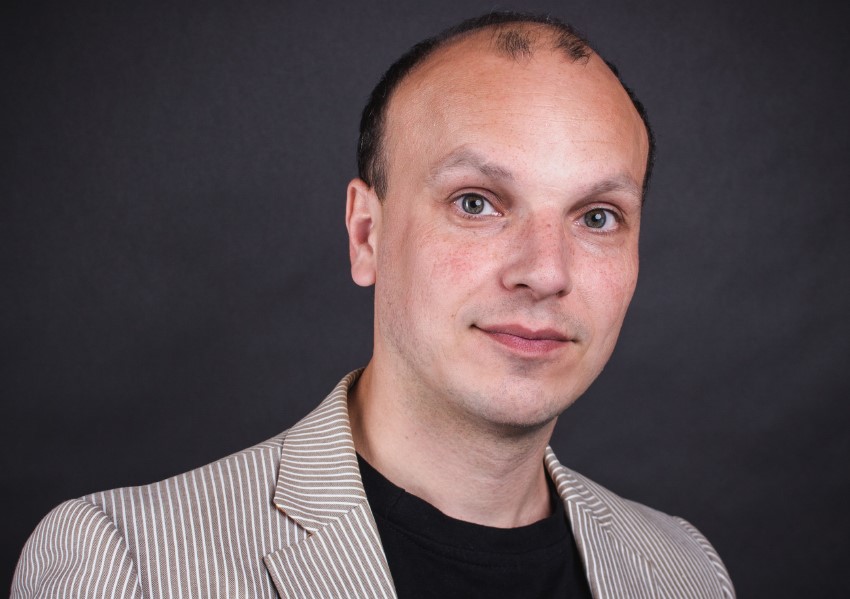ID Conference: Theoretical Aspects of Socio-Economic Equality and Diversity

– What is the idea behind the topic?
– We are currently facing difficult times: times of disbalance and challenges of the world order from the side of what we used to call «countries of the third world». Now they are becoming developing economies and starting to play the roles of the «first violins» not only in economic but in geopolitical development. They are countries – primarily – like China and other «Asian tigers», as they are called. But in the case of this panel, we will be addressing China and the so-called South-South global cooperation and China as Russia’s partner within the BRICs.
We have four participants from China, Italy, and Russia. And the panel is called «Theoretical Aspects of Socio-Economic Equality and Diversity» because most of these speakers will be covering not only empirical but philosophical and social cultural-economic aspects of equality and diversity in the contemporary world order and international relations. For instance, we will partially address Russia-China and China-America relations. But also, there will be topics related to specifically equality and diversity inside China.
–Why is China chosen as a focus of discussion?
– My colleagues, Professor Veselova and Professor Soboleva, and I visited China last autumn as a result of the strategy of internationalization of our HSE campus. And Chinese colleagues visited us last winter and invited us to the Jilin University where we had an interesting event dedicated to the comparative analysis of patriotism and its upbringing in Russia and China. And we decided to continue keeping in touch, particularly we had an agreement with professor Wu Ding of School of Marxism in Jilin University – he will be one of our speakers on the topic of Hegel’s critique of contractarian equality – and that explains how we got participants for the panel. They will be mostly representing Jilin University. There also will be Professor Li Yeyewho will be talking about sources of inequality in the international context. Professor Wang Yong will present the topic of the Causes of Inequality in America, and finally, there will be Professor Wang Cheng talking on A Probe into the Thinking Mode of Discourse Conversion from «Cultural Superiority» to «Cultural Diversity».
– What challenges surround the topic of the panel?
– There are many aspects, but I would like to concentrate on the aspect of the global south and post-colonial relations in the current world order. Because for a long time we have experienced what is called in international relations the hegemony of Europe and Western order, while countries of Asia including China and Russia as a matter of fact have been actively colonized. There has always been a discussion about to what extent the world order is dominated by the key players from the West that leads space and brings equality to people living in countries outside of the «golden billion». There have been a lot of challenges in the relation to that: to what extent the best way to promote and bring diversity in the world so we could see more than just one voice, not to silence voices of countries from the global south but also diversity, for example, within China. If we look carefully at the program of the panel, we also have a participant from Italy - an associate professor from Liverpool University Alessandra Cappelletti. Her paper will be on social-economic disparities in Xinjiang Uyghur Autonomous Region which is something already referring to the problem of diversity and equality not only about Russia and China but also how such a diverse country like China can balance and regulate its ethnonational relations within regions. They are interconnected issues because problems of macro politics are interconnected with regional development within countries like Russia and China.
Another issue is the transformation of the system of social services in China, the question of how do you fight poverty, provide social services to people within China – we have a special speaker from the St Petersburg State University Olga Borodkina – and she will be talking about this aspect during the panel.
–What are your expectations from the conference and the panel?
– I hope this conference will be another step to strengthen our cooperation with our Chinese colleagues. It is the plan and the goal we set a year ago to do something together because China is a rapidly growing field of professional journals in world politics, international relations, and political theory. And political theory and international relations which are rapidly developing on our campus – I am among several people who are very interested in this field. And I am very happy that the dean of Marxist School and his colleagues are willing to contribute to establishing the cooperation we agreed upon a year ago. Hopefully, this will create an environment that would help to promote our master’s program «Business and politics in modern Asia» and will become a basis for potential exchanges and maybe even the double diploma track – something we have been working for a long time towards in our campus.
Interview by Angelina Silaeva
